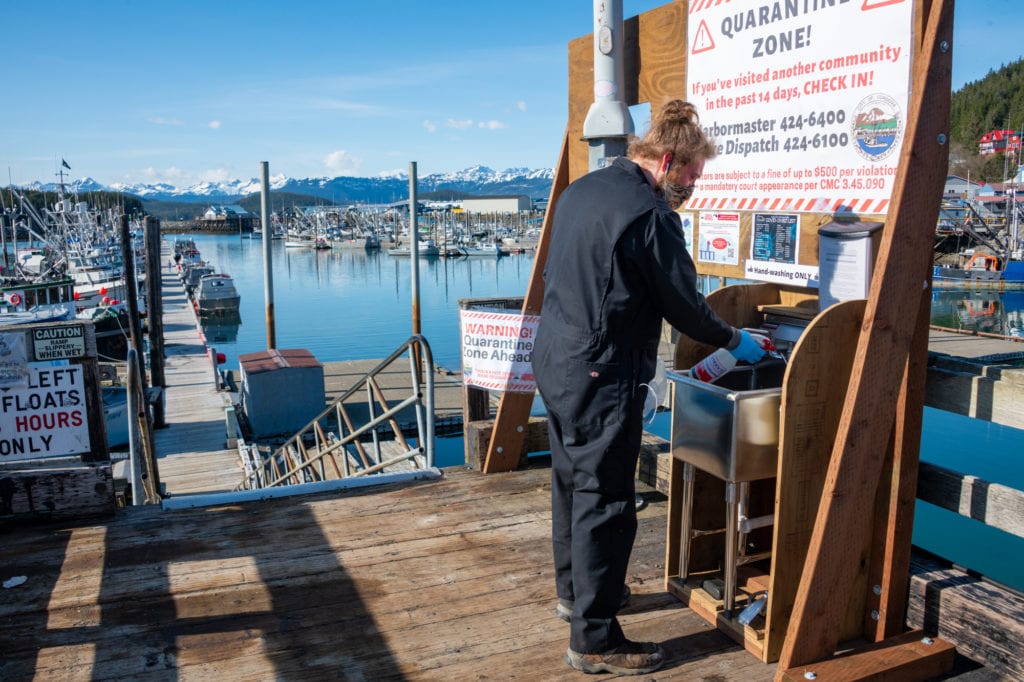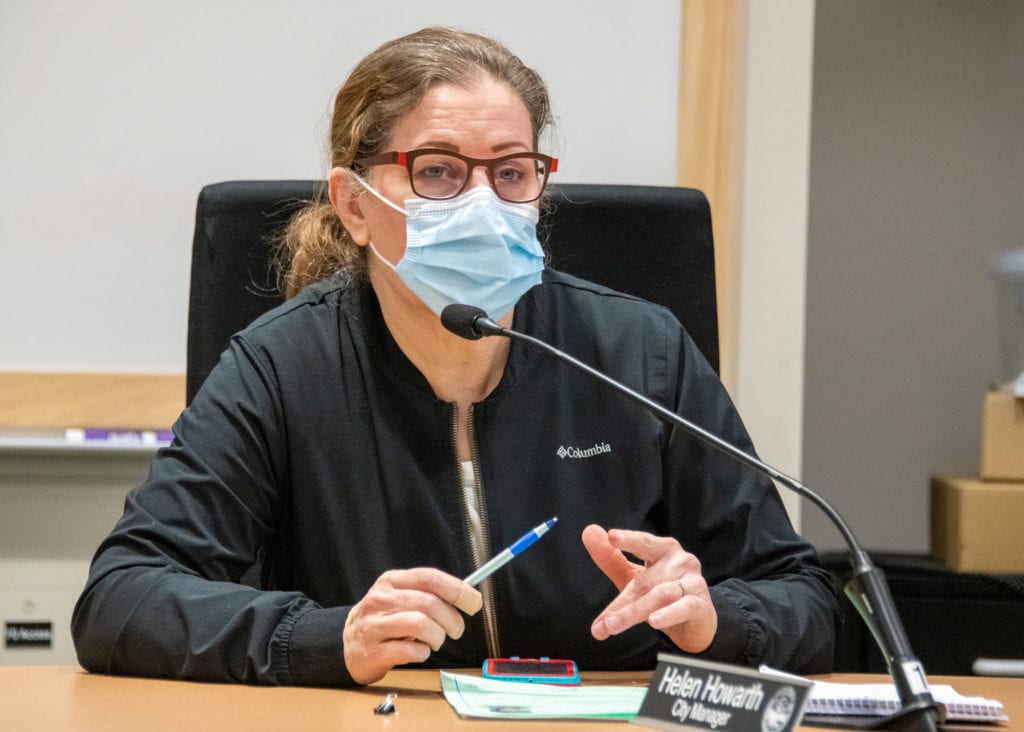
Proposition 2, which will appear on the ballot for the March 2 Cordova General Election, has left some voters scratching their heads.
“Who writes this kind of stuff?” one Cordovan commented on Facebook. “I’m voting against it because I can’t understand what they’re saying.”
The carefully phrased 190-word proposition would allow certain officials to do business with the city under circumstances in which business is currently prohibited. The Cordova City Charter allows elected officials or the city manager to enter into business with the city only through a competitive procurement process. This process includes measures ensuring that elected officials will not be granted an undue advantage as a result of their office. However, the competitive procurement process is only required for jobs costing $25,000 or more. Because elected officials and the city manager cannot be hired for work outside of the competitive procurement process, this effectively prevents them from doing jobs for the city costing less than $25,000, city public relations manager Curtis Fincher said.
If passed, Proposition 2 would open the city to doing business with elected officials or the city manager outside of the competitive procurement process, as long as that business was approved by Cordova City Council and disclosed to the public. The city would also provide the public with a justification for why the official had received the contract, City Manager Helen Howarth said. If business of this type were done without approval from city council or without disclosure to the public, the official in question would forfeit his or her office, and his or her contract would become voidable by city council. Advocates of the proposition say it would allow the city to become more flexible while retaining a safeguard against corruption.
The issue first arose in 2020, when the city was shoring up its coronavirus defenses. The city asked a volunteer to organize the installation of hand-washing sinks at Cordova Harbor. That volunteer contacted licensed general contractor, and city councilman, Tom Bailer. Working with Douglas Pettit of Copper Highway Heating, and mainly using locally purchased materials, Bailer oversaw the design and construction of hand-washing stations that were installed at entrances to the harbor. It wasn’t until after Bailer billed the city that anyone noticed the city had run afoul of its own rules.
“We needed to do it immediately,” Howarth said. “At no point did I, as city manager, even consider the fact that I was putting in jeopardy one of our council members, or that we were doing something that would have been appropriate, until after the fact.”

For Bailer, it was a relatively small job, worth a few thousand dollars — not enough to require a competitive procurement process. However, if Bailer had been excluded from the project, it would have quickly grown more complicated and time-consuming, Howarth said. While strict conflict of interest rules may function well in larger towns where there are many businesses in any given field, in a small community like Cordova, these rules may prevent the only available and qualified local professional from doing a job, she said.
“It’s a small pool,” Bailer said. “There’s other people doing work, but they’re not necessarily licensed… It was an oversight on everybody’s part, but it was also an emergency.”
City council later discussed the inadvertent rule violation, determining that it was excusable given that the city had been operating under an emergency order.
Current regulations may prevent elected officials from offering better quality, less expensive, or more locally sourced services, Fincher wrote in a statement. They may also dissuade business owners from running for public office. Businesspeople currently running for city council include Ken Jones, who runs a snow-plowing business, and Karen Deaton Perry, owner of Kayak Cafe, who has catered previous city events. Under current rules, if elected, Deaton Perry would effectively be prohibited from providing city meetings with sandwiches — a result that does more to discourage participation than to prevent corruption, Howarth said.
“This isn’t intended to sweep things under the carpet,” Howarth said. “It’s intended to allow public service without penalty… If I can hire local, as opposed to bringing someone in from Anchorage, I want to do that, even if that person serves on council.”
Deaton Perry declared her support for Proposition 2, while Jones said he remains neutral on the subject. Bailer is skeptical of Proposition 2, not because he prefers tighter regulation of local business, but because he sees the conflict of interest measures put forth in the proposition as a solution in search of a problem. There have been no complaints or other evidence of Cordova officials corruptly using their positions to secure business for themselves, Bailer said.
“I don’t think this is totally necessary, because it hasn’t been a problem,” Bailer said. “It’s never been an issue.”





